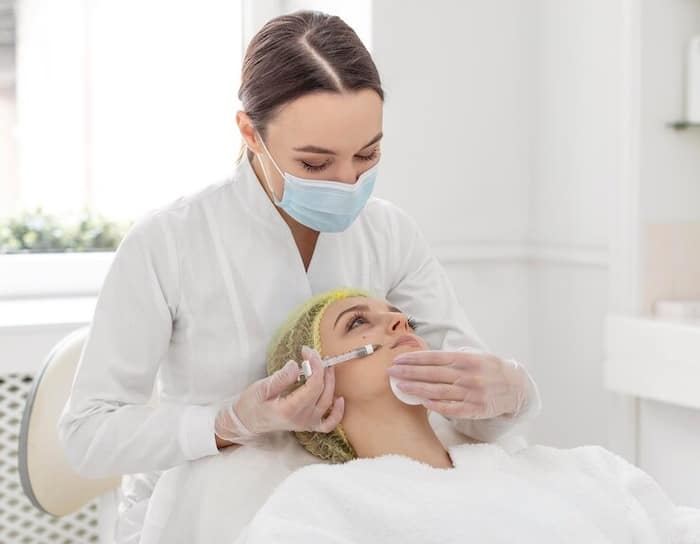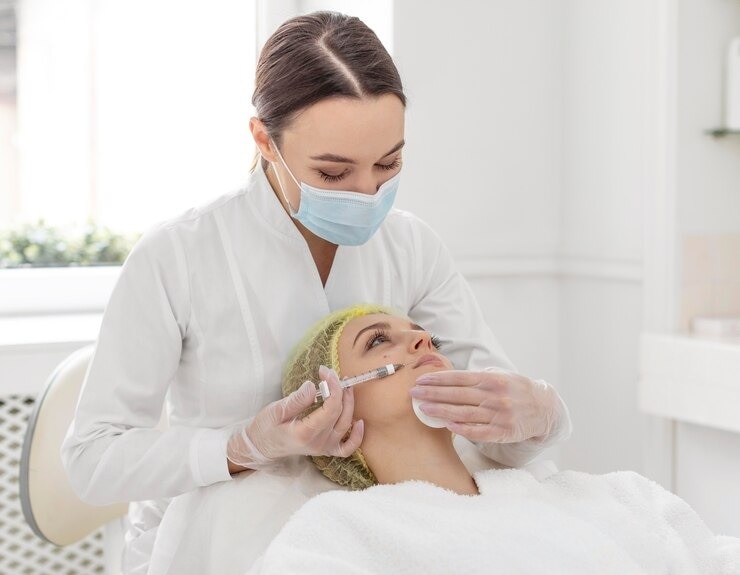3 women in the US have been infected with HIV after they underwent a cosmetic procedure called Vampire Facials. Well, what is this new-age beauty treatment? How does it work? Is it safe? Here’s everything you need to know.

Authorities in the US have detected 3 HIV transmission cases through vampire facials. Well, it has been reported that at least 3 women have been infected with HIV after they underwent this cosmetic procedure at a spa in New Mexico. Authorities may fear that there could be more number of Spa clients who have been infected.
Well, subsequent investigations discovered unhygienic practices at the spa, including the reuse of equipment meant for a single one and also the presence of unlabeled blood vials. Well, the exact reason hasn’t been caught yet, but investigators suspect contaminated needles may have been responsible.
What Are Vampire Facials?
Vampire facials are extremely popular anti-ageing cosmetic treatments. In this procedure, a person’s own blood is used to promote collagen production and trigger growth factors. They are renowned for being inexpensive and non-surgical to enhance skin’s overall appearance.
How do Vampire Facials Work?
In this treatment, a small amount of blood is drawn from the patient and then extracting the platelets from the blood. These platelets are then injected into the patient or applied after a microneedling procedure. It is basically a cheaper alternative to other facelift beauty procedures. It is also claimed that vampire facials can enhance skin texture, give a radiant complexion and reduce fine lines, wrinkles.
While Vampire facials are generally considered low-risk, this case serves as an essential reminder of the importance for ensuring strict adherence to proper hygiene protocols, including the use of new, sterile needles and equipment. “Requiring adequate infection control practices at spa facilities offering cosmetic injection services can help prevent the transmission of HIV and other bloodborne pathogens. Maintenance of client records could facilitate investigations of suspected transmission at such facilities,” CDC said.
Well, among 200 clients, no further new case was identified. It is a reminder that HIV can affect anyone. So, it is important to promote hygiene, awareness and prevention.

